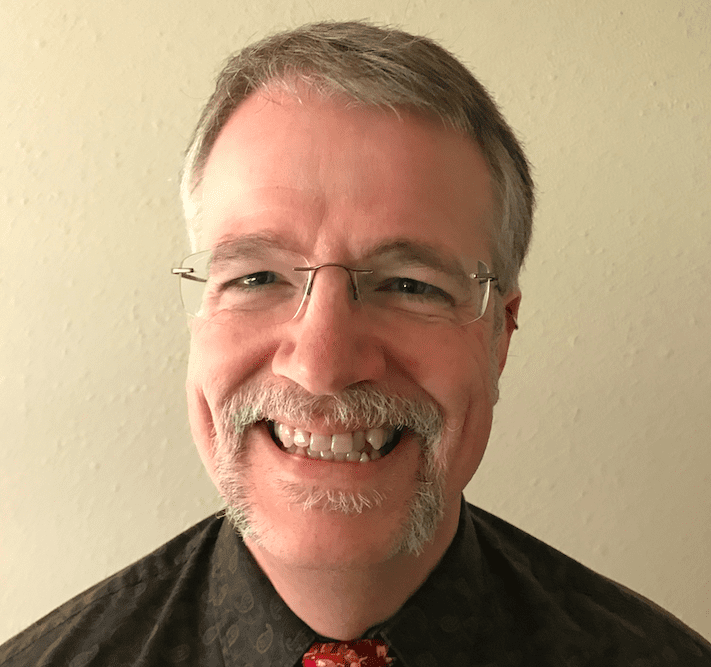
Keith shared his story in November of 2019.
In 2007, I moved to Oregon and began my second decade as a registered nurse, now working in home hospice. Having moved from California, it was the first time I had encountered the option of medical aid in dying. My support for medical aid in dying was not a given. My personal support for this option evolved over the first two years working with hospice patients in Oregon. Hearing patients tell their stories brought me to a new place of empathy and understanding of what they were going through and why they chose medical aid in dying.
As a registered nurse, I have had the honor of witnessing a number of good deaths. One such death solidified my perspective that medical practitioners need to recognize death as a reality on the continuum of living, rather than always trying to stop death. It was the story of a man, who we’ll call Frank, who accessed Oregon’s Death with Dignity Act. Frank and his wife did not wrestle with the idea of medical aid in dying – the decision was simple.
Along with Frank’s wife and niece, I was present at the time of Frank ingesting his aid-in-dying medication. He took his medication, told his wife “I love you” and said his goodbyes. It was a quiet moment, and it struck me: I’m a nurse, and Frank is dying, and I don’t need to stop it and that’s okay. Frank died peacefully within 20 minutes. It was the textbook version of how one wants things to go.
In contrast, I also spent time with a couple who were not aligned in their views. A woman, who we will call Debbie, had ALS and wanted to utilize Oregon’s law. However, her husband’s religious beliefs made it difficult for him to support her decision. Advocating for her self-determination and agency in choices about her care was part of our role in hospice while remaining neutral about her use of medical aid in dying. I realized these decisions are never our journey as medical providers; the decisions are solely those of the patient and their loved ones. It is not for me, nor any medical professional, to impose our personal views. However, medical professionals should take every opportunity to educate patients about their options.
Doctors wanting to stay neutral (or simply skittish about death) may prefer avoiding the topic unless the patient brings it up. In reality, this is overly prohibitive and a disservice to their patients. Patients should not have to know some ‘magic words’ to say in order to prompt their provider to give them all the information they need to make decisions about their health care.
The New York Times – The Role of Nurses When Patients Decide to End Their Lives
Mail contributions directly to:
Compassion & Choices Gift Processing Center
PO Box 485
Etna, NH 03750
Compassion & Choices is a 501 C3 organization. Federal tax number: 84-1328829